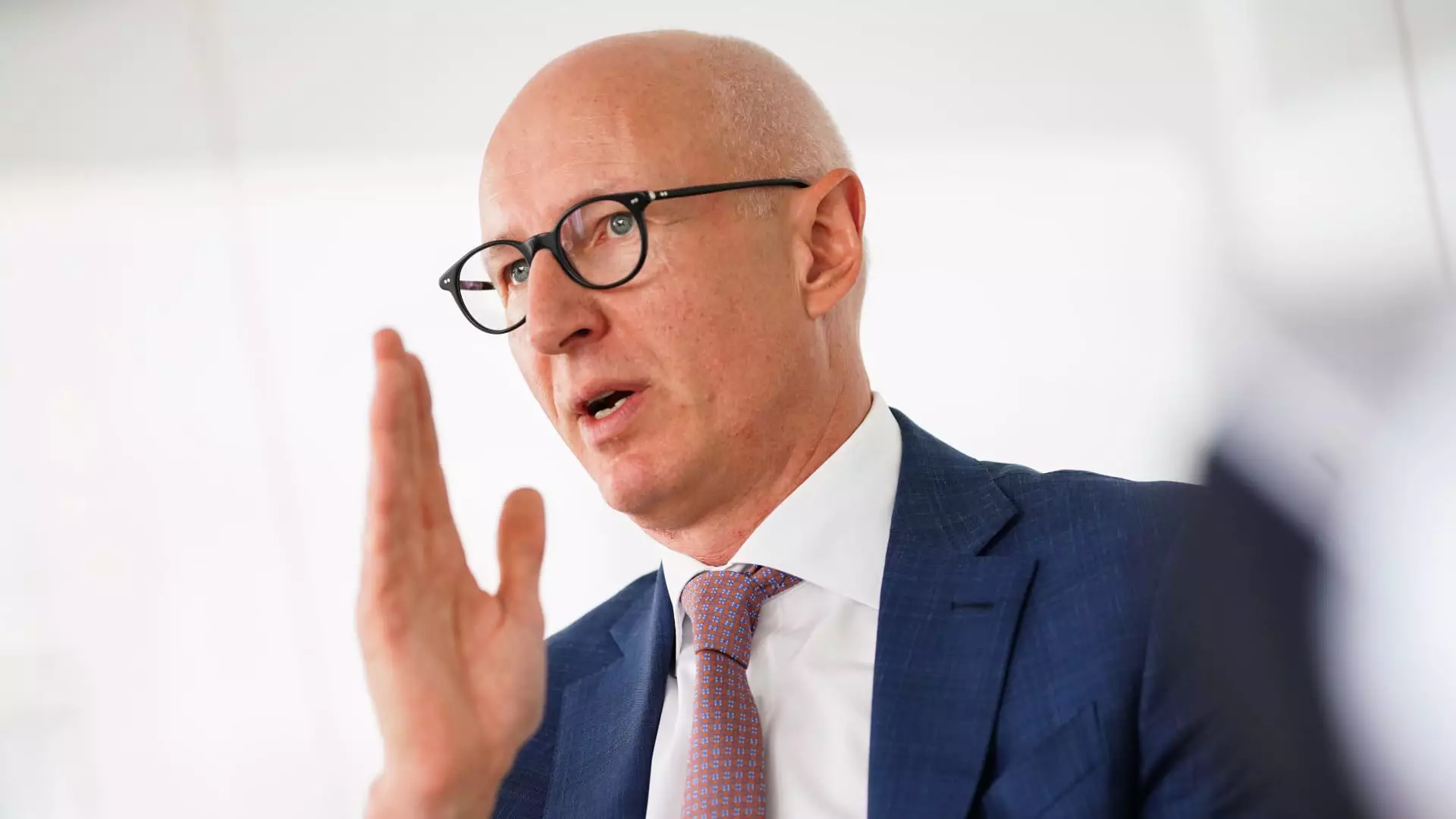The pharmaceutical landscape continues to be embroiled in controversy regarding the exorbitant prices of essential medications. A prime example of this scenario is the upcoming Senate testimony of Novo Nordisk’s CEO, Lars Fruergaard Jørgensen, where he will face scrutiny over the pricing strategies for the company’s weight loss drug, Wegovy, and diabetes medication, Ozempic. With demand surging for these life-altering injections in the United States, stakeholders are calling into question the ethics and implications of the drugmaker’s pricing policies.
Senator Bernie Sanders, chair of the Senate Health, Education, Labor and Pensions Committee, has been vocal in highlighting the significant price disparity between the U.S. and other countries for these drugs. Before insurance, the cost of Ozempic can reach nearly $969 per month in the United States, while Wegovy is priced at nearly $1,350. In stark contrast, these same treatments can cost under $100 in various European nations, such as Germany and the U.K., where prices are as low as $59 and $92, respectively.
This price inconsistency raises pressing questions about the ethical obligations of pharmaceutical companies to make medications accessible. The stark divide illustrates systemic injustices that put pressure on American patients who rely on these treatments to manage both weight and diabetes. In light of these revelations, it is crucial to analyze the corporate motivations that drive such pricing strategies.
Adding another layer of complexity is the assertion by some generic pharmaceutical CEOs that they could market a generic version of Ozempic for less than $100 a month while still turning a profit. Currently, however, there are no generics available in the U.S. This glaring absence suggests a crucial market gap that leaves many patients vulnerable, perpetuating a cycle of high costs and poor health outcomes.
The inability of the market to respond effectively with affordable alternatives could have dire consequences on the healthcare system, leading to increased costs across the board. As lawmakers and healthcare professionals alike express concerns regarding sustainability, the spotlight should be on how to facilitate the entry of generics into this lucrative market to balance out the financial burden on patients.
As demand for Novo Nordisk’s medications – and similar drugs by rival companies like Eli Lilly – continues to rise, health industry experts warn of potentially catastrophic repercussions for the U.S. healthcare system. The Senate Health Committee has estimated that if half of all Americans opted for weight loss medications, the annual cost could surge to $411 billion— a staggering figure that eclipses the total spending on prescription drugs for the entire nation in 2022.
Moreover, healthcare providers, insurers, and employers are increasingly introducing stringent measures to mitigate these escalating costs, often opting to omit weight loss treatments from coverage options entirely. The repercussions extend to Medicare, which reported spending $4.6 billion on Ozempic alone in 2022, highlighting the urgent need for structured cost regulations in the pharmaceutical industry.
The forthcoming Senate hearing is set against a backdrop of legislative efforts to troubleshoot exorbitant healthcare costs in the United States. Lawmakers are grappling with the challenge of reining in prices and ensuring that essential medications remain accessible to the populations that most need them. Key to these efforts is the Inflation Reduction Act, which seeks to initiate price negotiations between Medicare and drug manufacturers, presenting an opportunity for reform and equity.
Projected for 2025, Ozempic will likely be included in upcoming price negotiations, should the current trajectory hold true. For many, this potentially translates into a newfound hope for affordability but also raises concerns on how those negotiations will impact the market and access.
As a critical discussion unfolds around drug pricing and healthcare accessibility, it’s evident that ethical accountability is urgently needed in the pharmaceutical industry. The Senate hearing presents an opportunity not only to scrutinize the practices of Novo Nordisk but also to address broader systemic issues that contribute to health disparities. Only by equipping both patients and policymakers alike with transparent information and empowering generics can we hope to cultivate a more sustainable healthcare landscape in America.



Leave a Reply